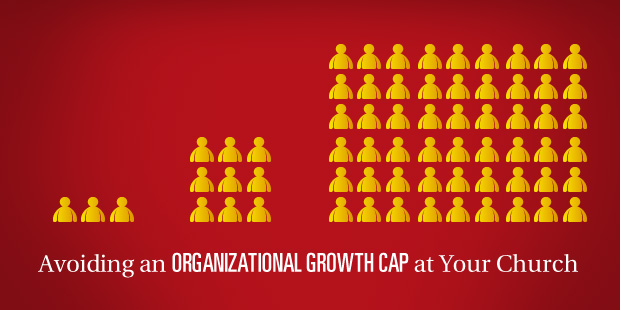
Why Vision Casting Should be a Lifestyle for All Leaders in Your Church
The airline safety briefing card…
Doesn’t mean much to a frequent flier.
But to a first time flier…it’s gold.
Church, what can we learn from this?
Let me share a recent situation I witnessed that illustrated this principle for me.
I’ve learned my way around an airport over the years of traveling in business, government amd now ministry. So much so that I don’t listen to the directions very well. It gets me in trouble sometimes. i amost missed a flight recenlty because I didn’t hear a gate change. But, mostly, I pretty much know what they’re gonna say…or think I do.
Flight delay, right? I saw if coming.
Safety talk? I could recite it.
I’m like a steward runner up. If ever they can’t perform their duties I’m in.
“Ladies and gentleman, please take a moment to familiarize yourself with the safety features of this Boeing Dc9.There’s a safety card in the seat in front of you…”
“Federal regulations require…blah, blah, blah, right?”
If you’ve traveled much…You know the drill.
But recently I was reminded why they do that every time. The same way. Always.
On our plane was one who had never flown before. Ever. He was in his sixties I would guess, but this was his first flight.
And he paid attention to everything. Everything. I watched him read the card. He looked around to “familiarize yourself with the exit signs”. He clung to every word of the steward. He was the model passenger.
Why? It was all new to him.
You see, everyone might be accustomed to the routine, but there’s always a chance, like for this guy, where it’s someone’s very first time.
It was also a great reminder for me as a church leader.
That’s the way it is for some who come to church…every Sunday.
Some could script things. Some could preach should I not be able to fulfill my duties. Some would probably actually prefer that.
But there’s always one (hopefully) who has never been here before. Perhaps ever.
Perhaps they’ve never been to any church…ever. They don’t speak our language of church.
As a pastor, I’ve always been concerned about that one.
And as I read the Bible,that seems like a Jesus characteristic too. He encouraged leaving the 99 found to seek and assist the 1 who was lost.
That’s why it’s important that we tell our vision.
Tell it clearly. It’s why we must explain things well. Very well. It’s why we must communicate basic information. Every week. Every time.
(Even if it’s boring to the rest of us…to someone…it’s gold!)
Thanks for the reminder U. S. Air. And that random guy who was flying for the first time. I hope it was a great experience for you.
Read more from Ron here.



























